Board of Advisors Center for Technology and Human Dignity
Fr. Michael Baggot
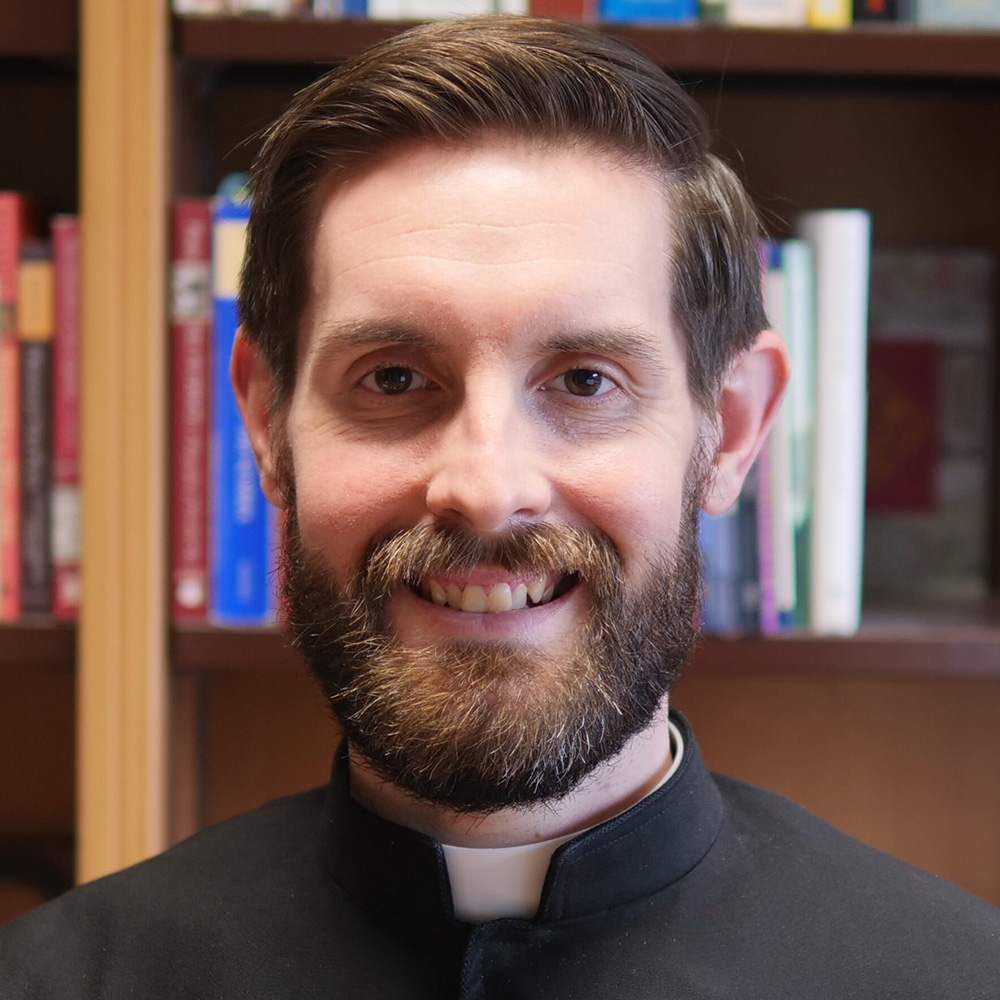
Fr. Michael Baggot is an Associate Professor of Bioethics at the Pontifical Athenaeum Regina Apostolorum and an Invited Professor of Theology at the Pontifical University of St. Thomas Aquinas (the Angelicum) and the Catholic Institute of Technology. He is currently a Visiting Scholar of the Institute for Human Ecology at the Catholic University of America. He is also a professor for the Joint Diploma in Leadership: Service through Virtues and the Catholic Worldview Fellowship summer program. He was an Adjunct Professor of Theology at the Christendom College Rome program from 2018-2022. In addition, Baggot is a Research Scholar at the UNESCO Chair in Bioethics and Human Rights, a fellow of the Fr. James L. Heft, SM Generations in Dialogue program at the Institute for Advanced Catholic Studies at the University of Southern California, and a member of the Scholarly Advisory Board for Magisterium AI. His writings have appeared in First Things, Studia Bioethica, The National Catholic Bioethics Quarterly, Nova et Vetera, and Medicine, Health Care and Philosophy. He is also a member of the Editorial Review Board of the Journal of Ethics and Emerging Technologies and the International Journal of Technoethics. Baggot is the chief editor of and a contributor to the book Enhancement Fit for Humanity: Perspectives on Emerging Technologies (Routledge, 2022). His media work includes appearances on NBC, ETWN, The Future of Life Institute, PBS, Pints with Aquinas, and on his co-hosted YouTube channel Those Two Priests. Baggot also frequently serves as chaplain for The Catholic Traveler pilgrimage organization.
Charles Camosy, Ph.D.
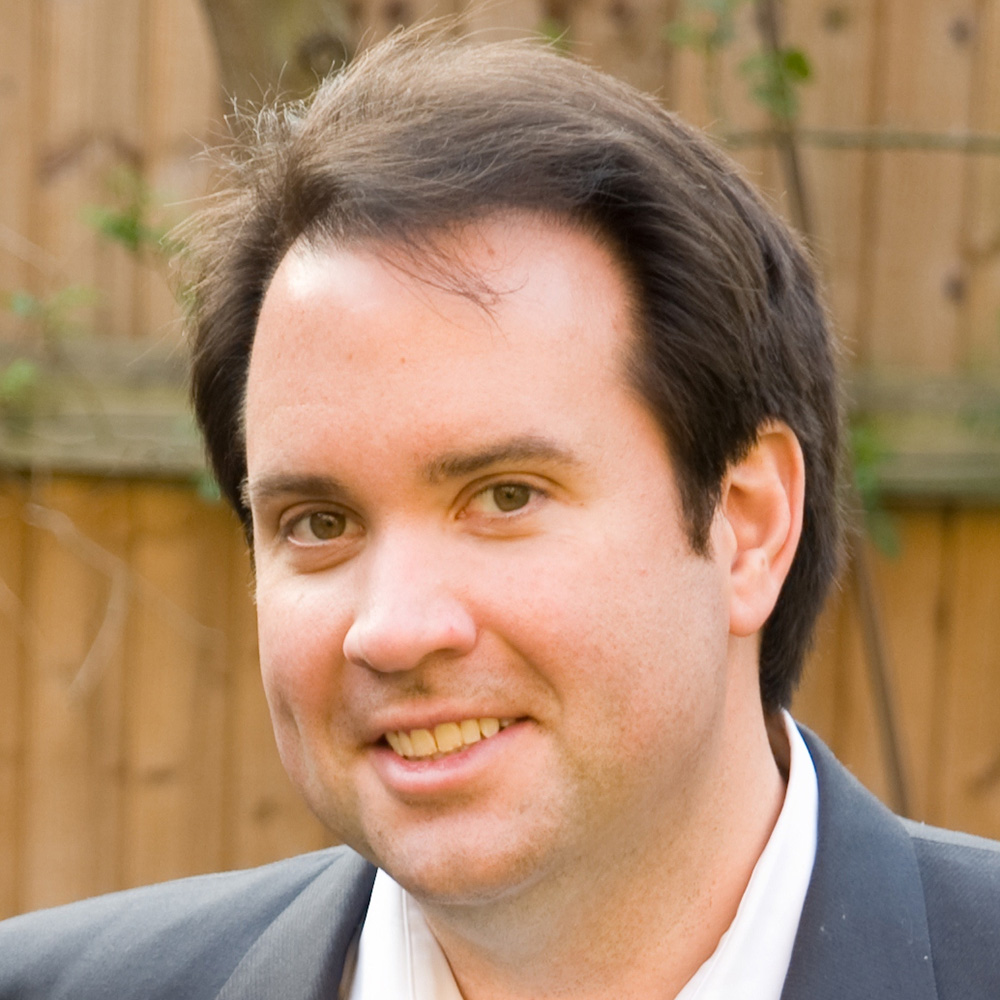
Charles Camosy, Ph.D. is a Professor of Moral Theology & Ethics at the Catholic University of America. Among other places, his articles have appeared in the American Journal of Bioethics, Journal of Medicine and Philosophy, Journal of the Catholic Health Association, New York Times, and the Washington Post. He is the author of eight books, including Peter Singer and Christian Ethics which was named a 2012 “best book” with ABC Religion and Ethics; Beyond the Abortion Wars which was a 2015 award-winner with the Catholic Media Association; and Resisting Throwaway Culture which was named 2020 “Resource of the Year” by the Catholic Publishers Association. He is also the founding editor of a new book series with New City Press called The Magenta Project. Charlie received the 2018 St. Jerome Award for scholarly excellence from the Catholic Library Association and the 2024 Smith Award from the University Faculty for Life. Charlie is also the senior scholar for the Institute for Advanced Catholic Studies at the University of Southern California’s Generations in Dialogue cohort investigating questions in the area of bioethics and transhumanism.
Kristin Collier, M.D.
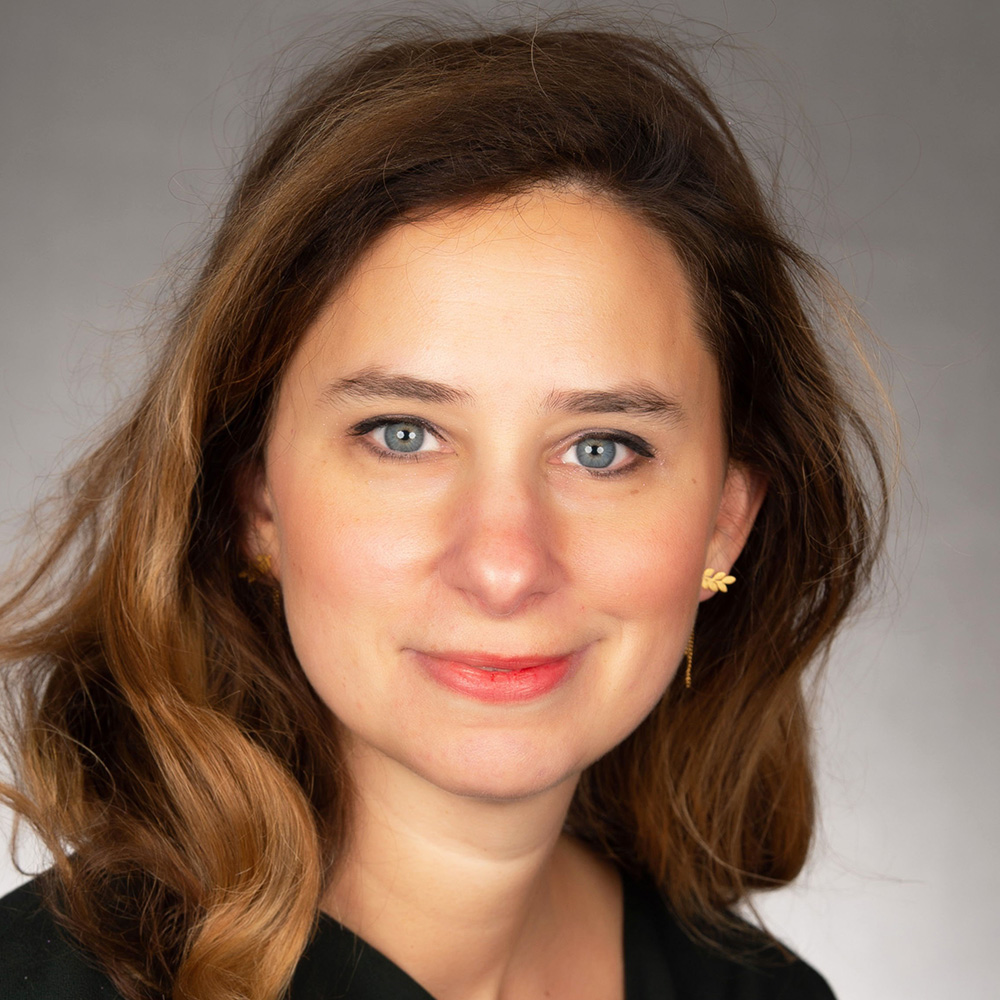
Kristin Collier, MD, is an associate professor of Internal Medicine at the University of Michigan in Ann Arbor, Michigan where she serves as the Director of the University of Michigan Medical School Program on Health, Spirituality, and Religion. She received her medical degree from the University of Michigan Medical School and completed her internship, residency, and chief residency at the University of Michigan Hospitals. Her academic interests lie at the intersection of spirituality, religion, and medicine, with a particular focus on how the concept of human dignity shapes the vocation of medicine. Her peer reviewed work has been published in JAMA Internal Medicine, the British Medical Journal, the Annals of Internal Medicine, The Journal of General Internal Medicine, and the American Journal of Hospice and Palliative Medicine. She has had writings published in Notre Dame’s Church Life Journal, Theopolis, America Magazine, Public Discourse and the New York Times. She is also a wife and a proud mother of four boys.
Marilyn E. Coors, Ph.D.
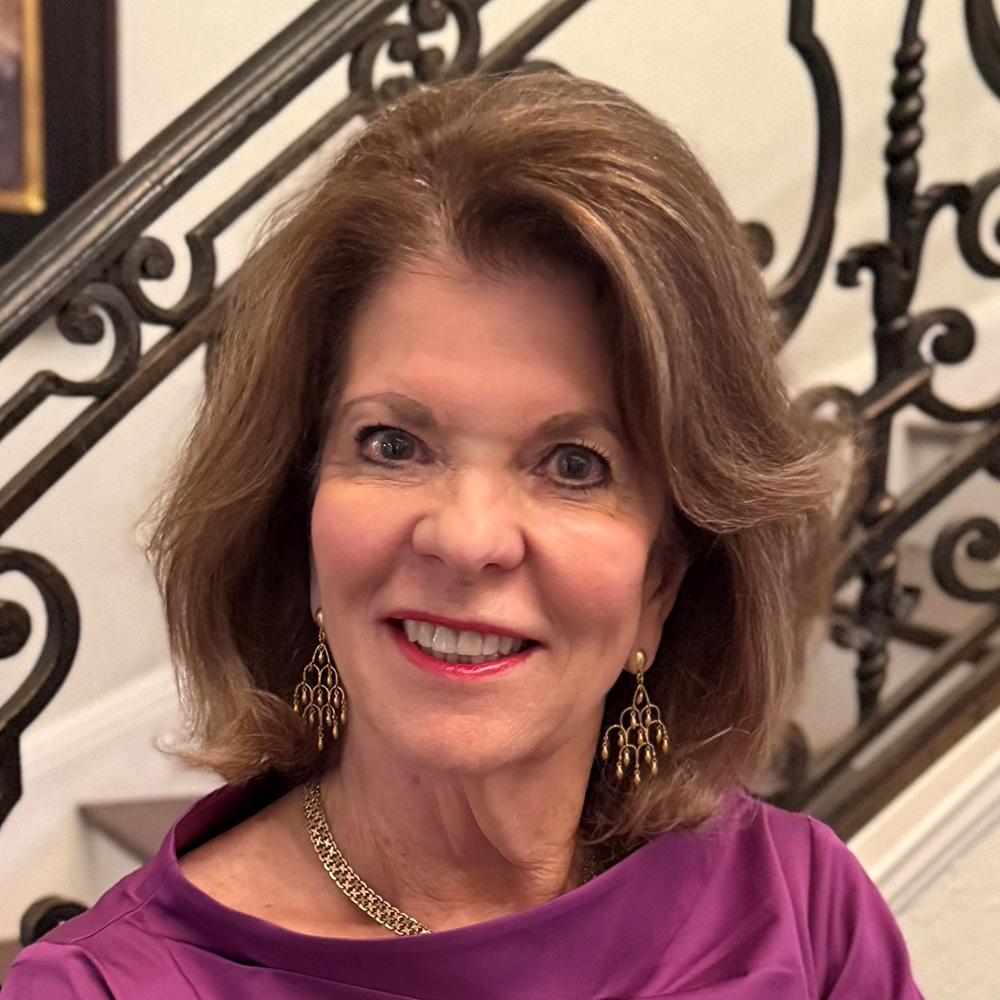
Marilyn E. Coors is Associate Professor Emerita of Bioethics at the Center for Bioethics and Humanities at the University of Colorado Anschutz Medical Campus. The ethical issues in clinical and behavioral genomic research were the foci of her research, teaching and professional service. Research interests pursued by Dr. Coors included the ethics of human genetic modification, ethical issues in genomic research in adolescents with substance use disorder and their parents, and community based participatory research on informed consent for biobanking. As the Director of Research Ethics for the Colorado Clinical and Translational Science Institute, she was directly involved in research ethics consultation and cross disciplinary ethics education. Dr. Coors served on the Boards of Directors of the Augustine Institute, National Catholic Bioethics Center, and Saint John Vianney Seminary. She currently is a member of the Boards of Directors of Marisol Health, Educating on the Nature and Dignity of Women (ENDOW), and From Silence to Saved.
Dr. Coors received her undergraduate education from Cornell University where she majored in biological sciences. She then attended the University of Denver, earning an M.S. in cytogenetics, an M.A. in ethics and religion, and a Ph.D. in bioethics. Dr. Coors and her husband, Peter, have six adult children and fifteen grandchildren.
Brian Patrick Green
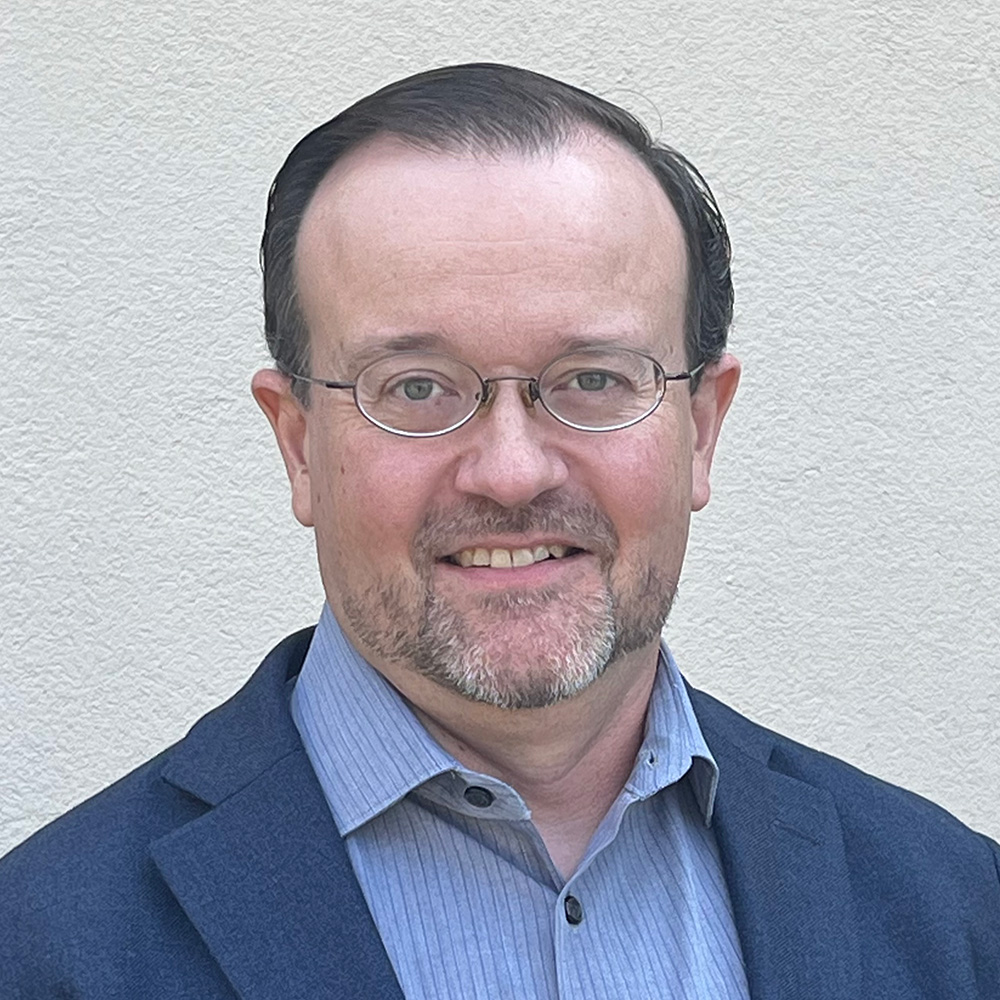
Brian Patrick Green is the director of technology ethics at the Markkula Center for Applied Ethics at Santa Clara University and teaches ethics in Santa Clara University’s Graduate School of Engineering. His work focuses on AI and ethics, technology ethics in corporations, the ethics of space exploration and use, the ethics of mitigation of and adaptation towards risky emerging technologies, and various aspects of the impact of technology on human life and society, including the relationship of technology and religion. Green is author, co-author, or co-editor of six books and over 35 other peer reviewed publications, and has been published, interviewed, or mentioned in over 150 media articles. Green has doctoral and master’s degrees in ethics and social theory from the Graduate Theological Union in Berkeley, and his undergraduate degree is in genetics from the University of California, Davis. Between college and graduate school, he served for two years in the Jesuit Volunteers International teaching high school in the Marshall Islands. He has collaborated with the Vatican’s Dicastery of Culture and Education on its AI research since 2019.
Christopher Kaczor, Ph.D.
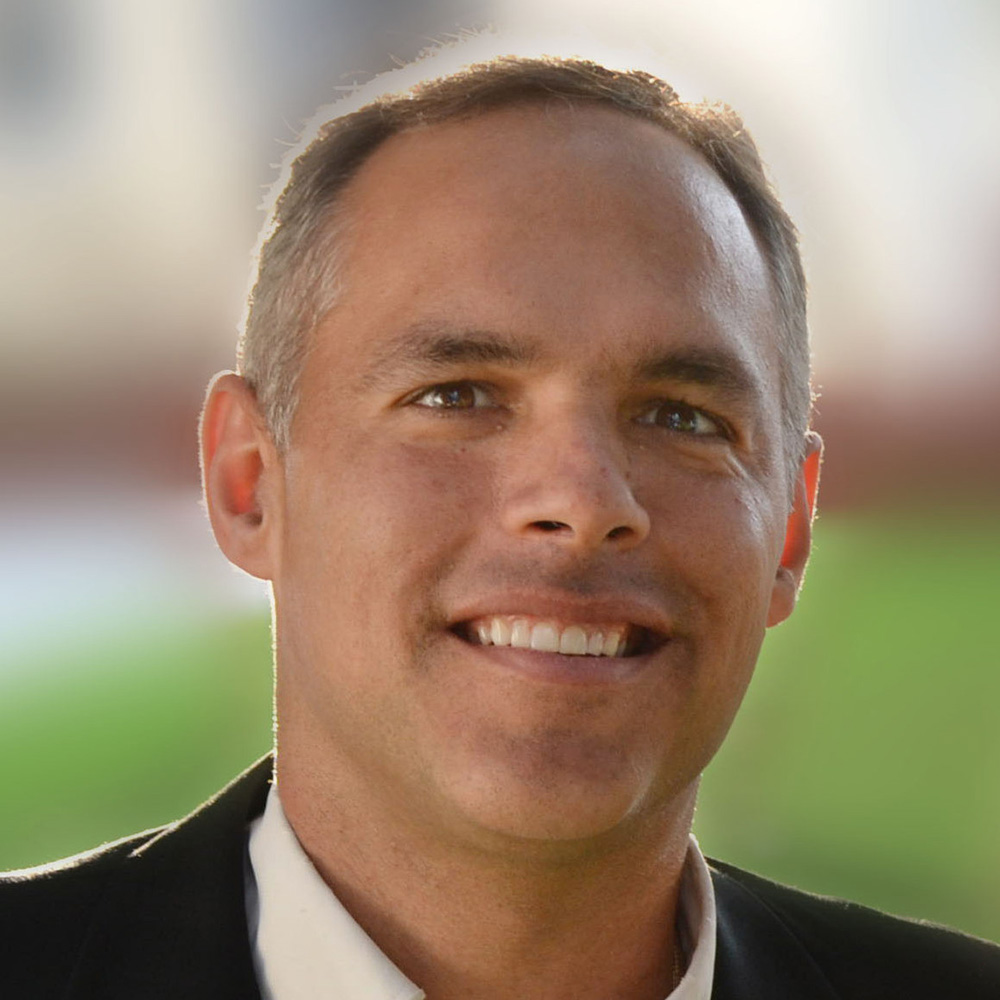
Dr. Christopher Kaczor (rhymes with razor) is Professor of Philosophy at Loyola Marymount University. He graduated from the Honors Program of Boston College and earned a Ph.D. four years later from the University of Notre Dame. A Fulbright Scholar, Dr. Kaczor did post-doctoral work as a Alexander von Humboldt German Chancellor Fellow at the University of Cologne. He was appointed a Corresponding Member of the Pontifical Academy for Life of Vatican City, a fellow of the Word on Fire Institute, and William E. Simon Visiting Fellow in the James Madison Program at Princeton University. The winner of a Templeton Grant, he has written more than 100 scholarly articles and book chapters. An award winning author, his sixteen books include Jordan Peterson, God, and Christianity: The Search for a Meaningful Life, Disputes in Bioethics, Thomas Aquinas on the Cardinal Virtues, Abortion Rights: For and Against, 365 Days to Deeper Faith, The Gospel of Happiness, The Seven Big Myths about Marriage, A Defense of Dignity, The Seven Big Myths about the Catholic Church, The Ethics of Abortion, O Rare Ralph McInerny: Stories and Reflections on a Legendary Notre Dame Professor, Life Issues-Medical Choices; Thomas Aquinas on Faith, Hope, and Love; The Edge of Life, and Proportionalism and the Natural Law Tradition. Dr. Kaczor’s views have been in The New York Times, The Washington Post, The Wall Street Journal, The Los Angeles Times, Huffington Post, National Review, NPR, BBC, EWTN, ABC, NBC, FOX, CBS, MSNBC, TEDx, and The Today Show.
Rev. Tadeusz Pacholczyk, Ph.D.
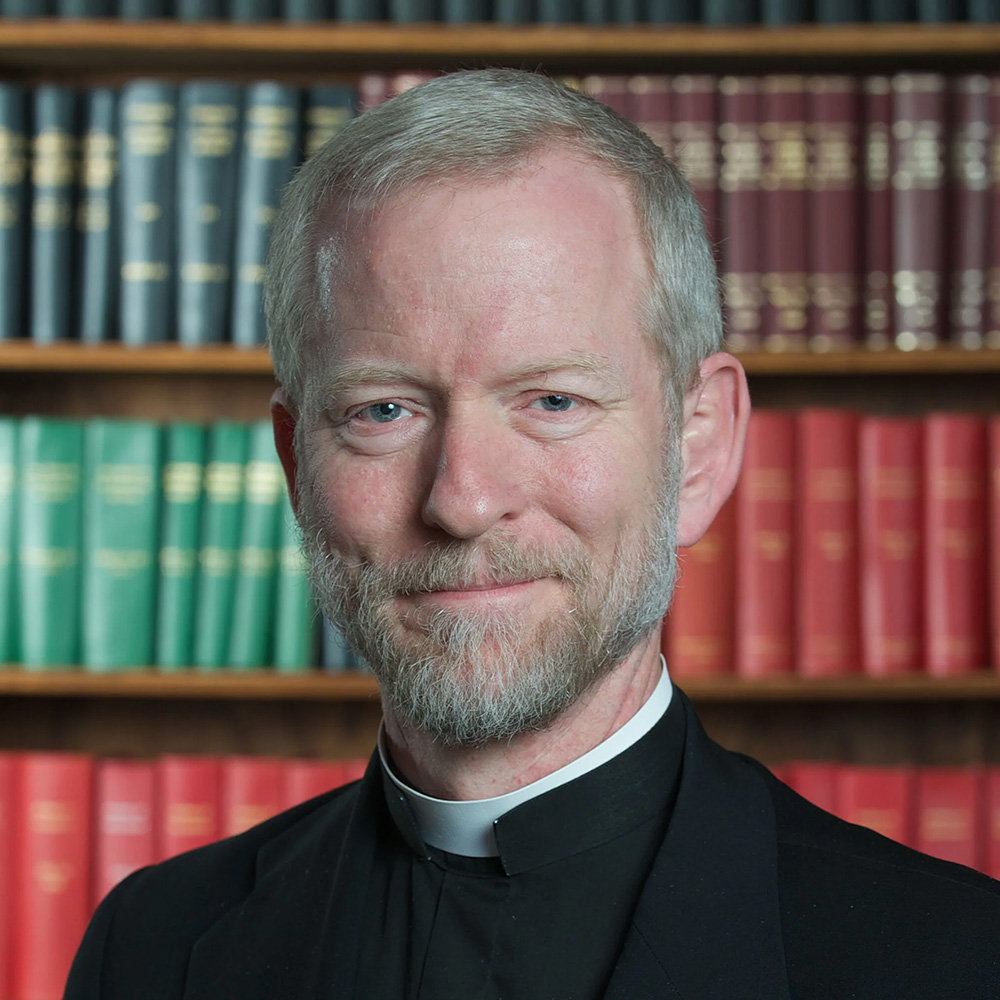
Fr. Pacholczyk currently serves as Senior Ethicist at the NCBC. A priest of the Diocese of Fall River, Massachusetts, he has given several hundred presentations and participated in debates and roundtables on contemporary medical ethics and bioethics throughout the United States, Canada, and Europe. He has taught bioethics at St. John’s Seminary in Boston; Pope St. John XXIII Seminary in Weston, Massachusetts; Holy Apostles College and Seminary in Cromwell, Connecticut; St. Bernard’s School of Ministry and Theology in Rochester, New York; Kenrick-Glennon Seminary in St. Louis; St. Charles Borromeo Seminary in Philadelphia; and The Catholic University of America in Washington, DC.
Fr. Pacholczyk has degrees in philosophy, biochemistry, molecular cell biology, and chemistry. He later earned a PhD in neuroscience from Yale University, where he focused on cloning genes for neurotransmitter transporters which are expressed in the brain. After working for several years as a molecular biologist at Massachusetts General Hospital/Harvard Medical School, Fr. Pacholczyk studied in Rome at both the Gregorian University and the Lateran University, where he did advanced work in dogmatic theology and bioethics, examining the question of delayed ensoulment of the human embryo.
He has testified before members of the Massachusetts, Wisconsin, Virginia and Oregon State Legislatures during deliberations over stem cell research and cloning. In 2020, he was appointed to the National Institutes of Health Fetal Tissue Research Ethics Advisory Board. He writes a syndicated monthly column on bioethics that appears in more than forty US diocesan newspapers as well as newspapers in England, Poland, and Australia. He has appeared in numerous media outlets, including NBC, ABC, CNN International, National Public Radio, the Wall Street Journal, the Dallas Morning News, and the New York Times.
Paul Scherz, Ph.D.
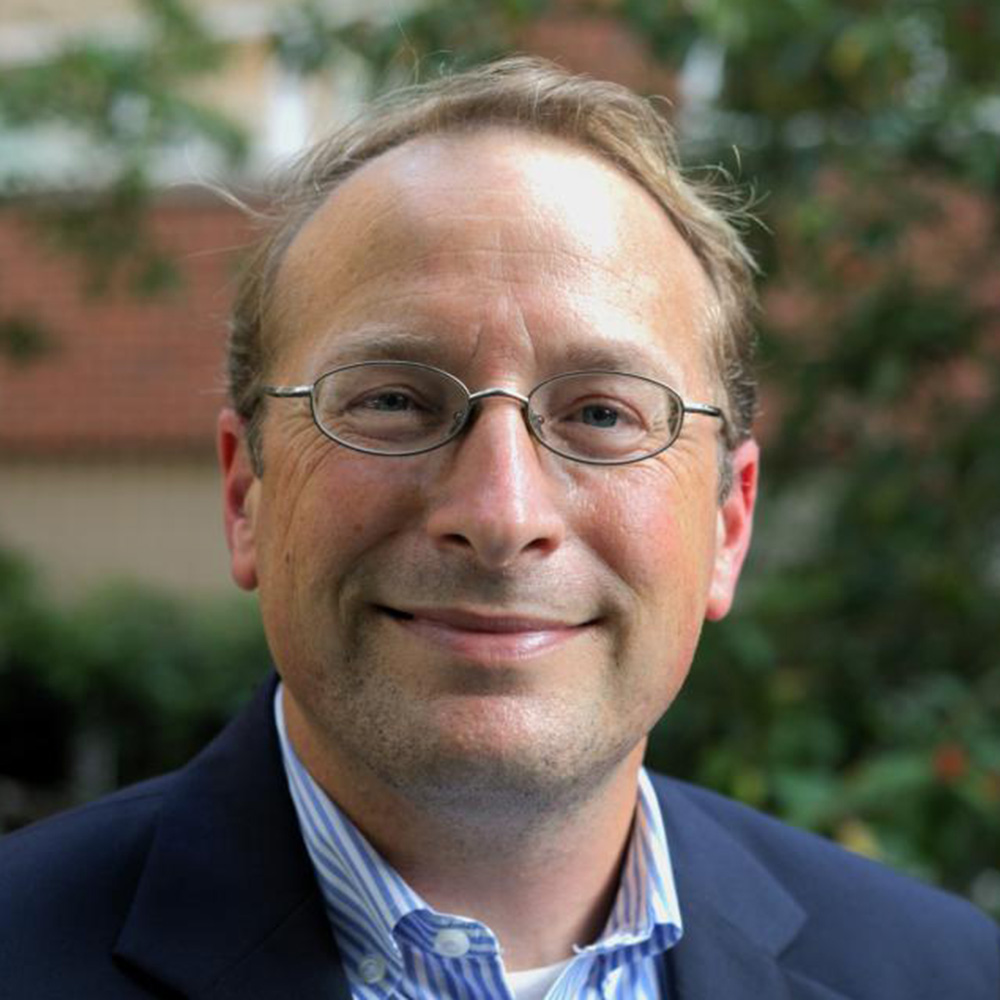
Paul Scherz is the Our Lady of Guadalupe Professor of Theology at the University of Notre Dame. He is also a Program Chair of the Notre Dame-IBM Tech Ethics Lab. His work examines the intersection of theology, science, medicine, and technology. He has published articles on many topics in bioethics, such as human enhancement, genetic technology, and end of life ethics. He is author of Science and Christian Ethics (Cambridge, 2019), Tomorrow’s Troubles: Risk, Anxiety, and Prudence in an Age of Algorithmic Governance (Georgetown, 2022), and The Ethics of Precision Medicine (Notre Dame, 2024). He is co-editor of The Evening of Life: The Challenges of Aging and Dying Well (Notre Dame, 2020) and Encountering Artificial Intelligence (Pickwick, 2024).
He began his career in science with a BA in molecular and cell biology from UC Berkeley (2001), a PhD in genetics from Harvard (2005), and a postdoctoral fellowship at UCSF. He then received an MTS and a PhD in moral theology from the University of Notre Dame (2010, 2014). His previous teaching positions were at the Catholic University of America and the University of Virginia.
Ann Skeet, M.B.A.
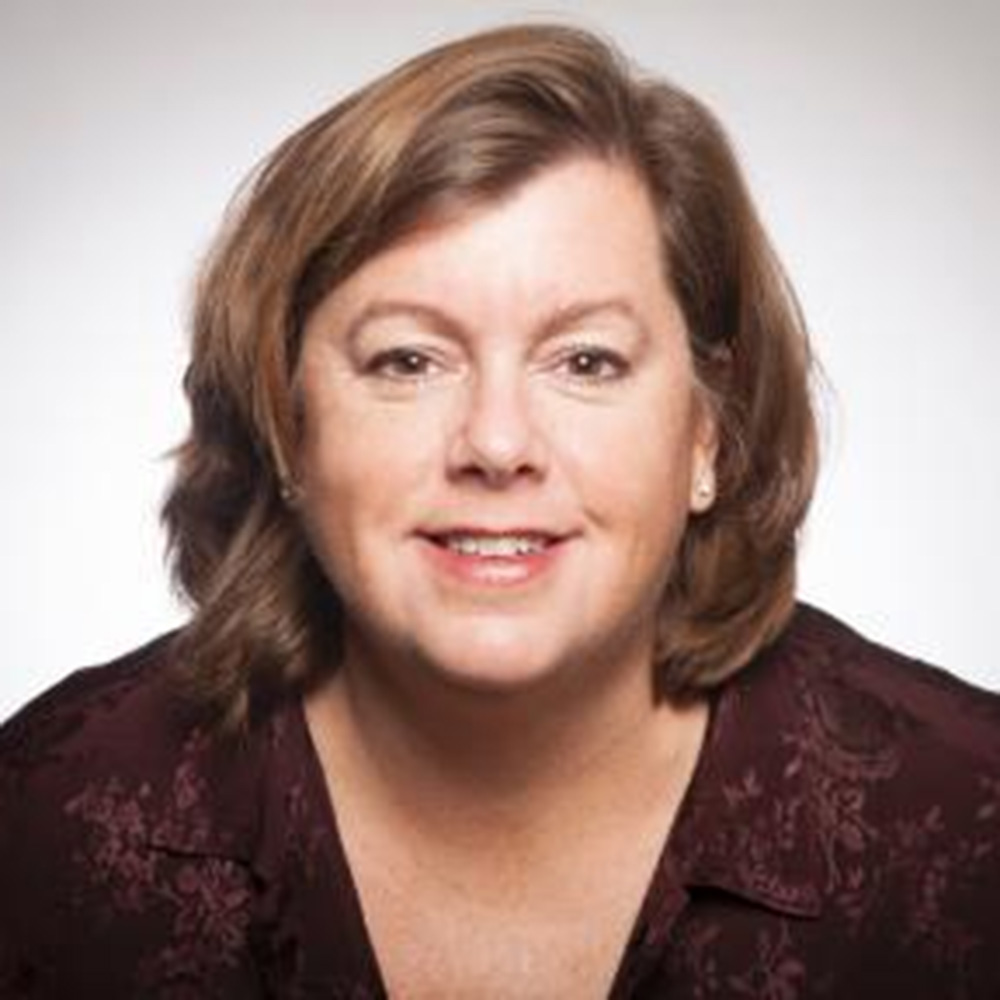
Ann (Gregg) Skeet is the senior director of leadership ethics at the Markkula Center for Applied Ethics. Her research explores how to make ethics pervasive in organizations and responsible AI practices in corporations. She teaches ethics literacy and technology governance for boards in the Leavey Executive Center at Santa Clara University. Skeet is a co-author of “Ethics in the Age of Disruptive Technologies: An Operational Roadmap” and “Voting for Ethics: A Guide for U.S. Voters Second Edition.”
Skeet is a member of the AI Research Group at the Vatican Dicastery on Culture and Education, and the Partnership on AI’s Enterprise AI Steering Committee. She was a member of the steering committee for the Responsible Use of Technology at the World Economic Forum’s Centre for the 4th Industrial Revolution.
Skeet earned a Bachelor of Arts in economics from Bucknell University and a Master of Business Administration degree from Harvard Business School.
John Slattery, Ph.D.
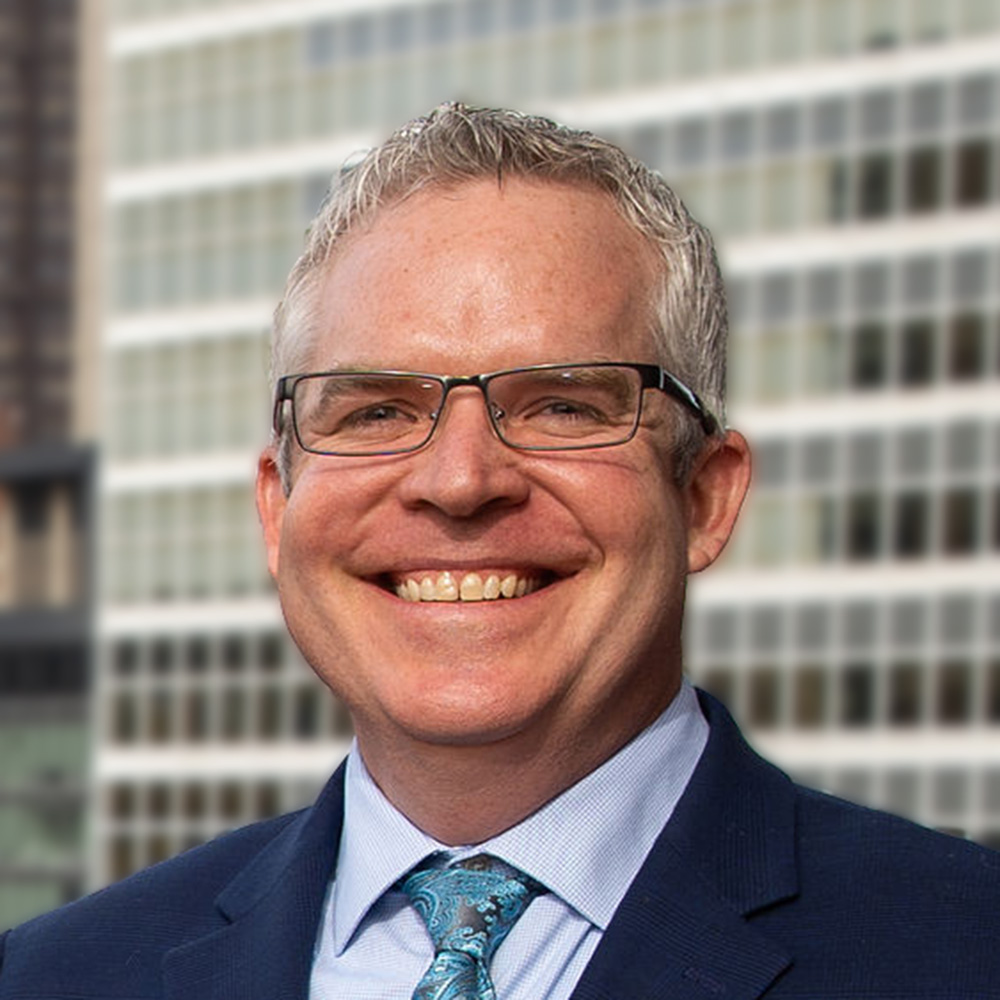
Dr. Slattery is the Executive Director of the Carl G. Grefenstette Center for Ethics in Science, Technology, and Law at Duquesne University. An ethicist, theologian, and historian of science, he works at the intersections of technology, science, and theology. He earned his B.S. in computer science from Georgetown University, a master’s degree in theology from Saint Paul School of Theology, and an interdisciplinary PhD in the history and philosophy of science and systematic theology from the University of Notre Dame. He serves on the AI Research Group at the Vatican Dicastery on Culture and Education and is a contributing author for the 2024 volume Encountering Artificial Intelligence. Previously, he directed the “Science for Seminaries” grant program, where he helped to bring forefront science and technology conversations to dozens of Christian seminaries.
